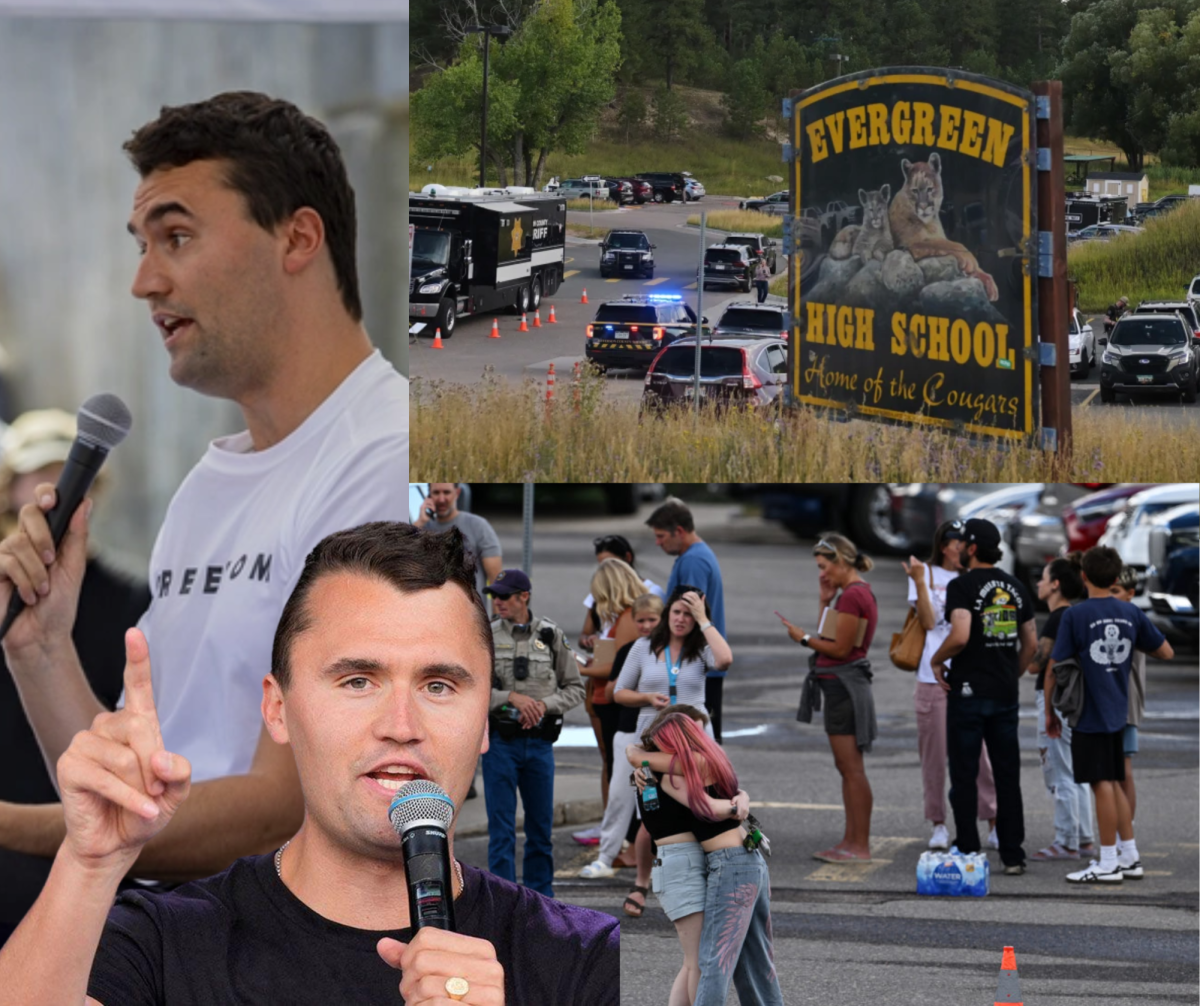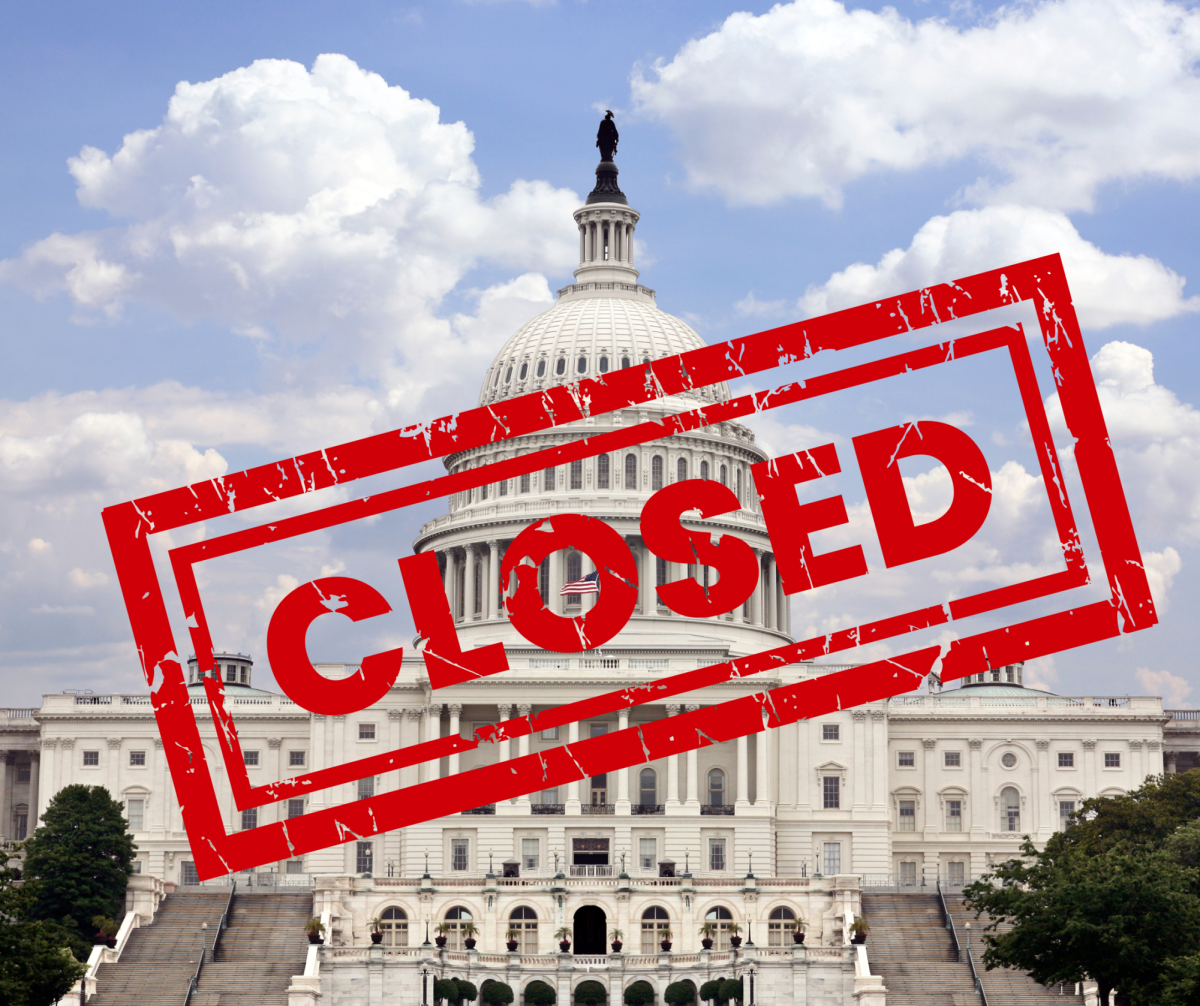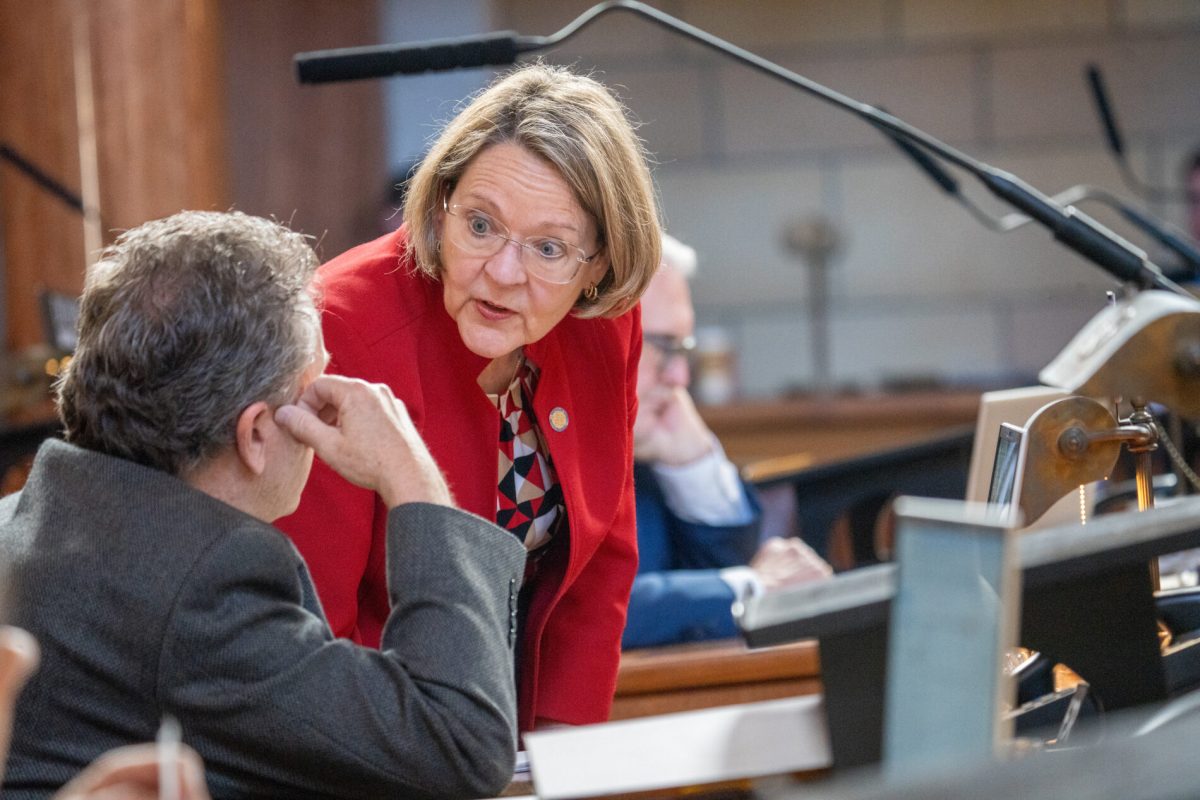I felt overwhelmed standing on the immense beauty of the Matanuska Glacier during my Alaskan summer visit. I vividly recall the sensations I felt throughout my body from the ubiquitous sheets of crystalline ice before me. The glacier’s fresh air filled my nostrils as I looked into the abyss of the blinding white scenery. My skin became covered in goosebumps and the rushing noise of melting ice invaded my ears. However, as I felt this natural euphoria, I realized that by the end of this century, the last drop of this glacier would have disintegrated into the continuous rise of sea levels and the earth’s perennial glaciers would be merely recognized by textbooks and photographs.
Climate change is a global catastrophe and nature is its main target. Soon adventures and experiences like this will be impossible and most vegetation and animals will be extinct. There will be an increased risk of global inequality and injustice from torrential rain, vicious floods, destructive droughts, and permafrost thawing. Shortly, it will be impossible to live life as we know it.
This global challenge requires big-scale efforts from all countries, enterprises, and individuals. All nations must collaborate responsibly to expel greenhouse gasses before it’s too late. Our scientists and engineers must discover innovative renewable energy techniques to produce more energy and consume less fossil fuels.
You can make an impact on combatting climate change. You can start by simply picking up trash from the ground, recycling at home, upcycling, saving water, and being mindful of your consumption. If everyone starts thinking about our Earth’s future and establishes a purposeful mindset there may be a future for the next generations to come. We must listen to our Earth because someday I hope my kids get the privilege to hike the Matanuska Glacier just like I did.













